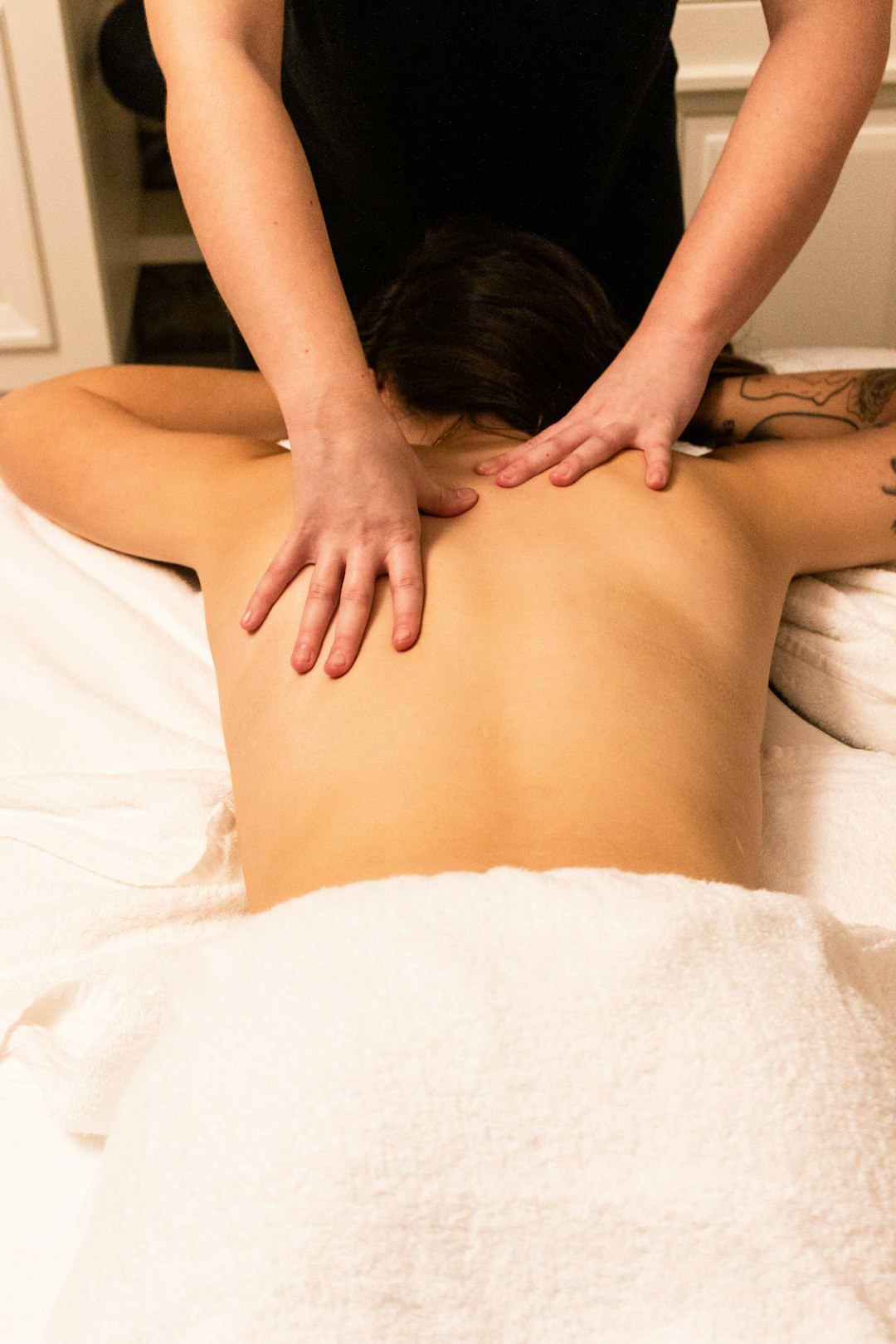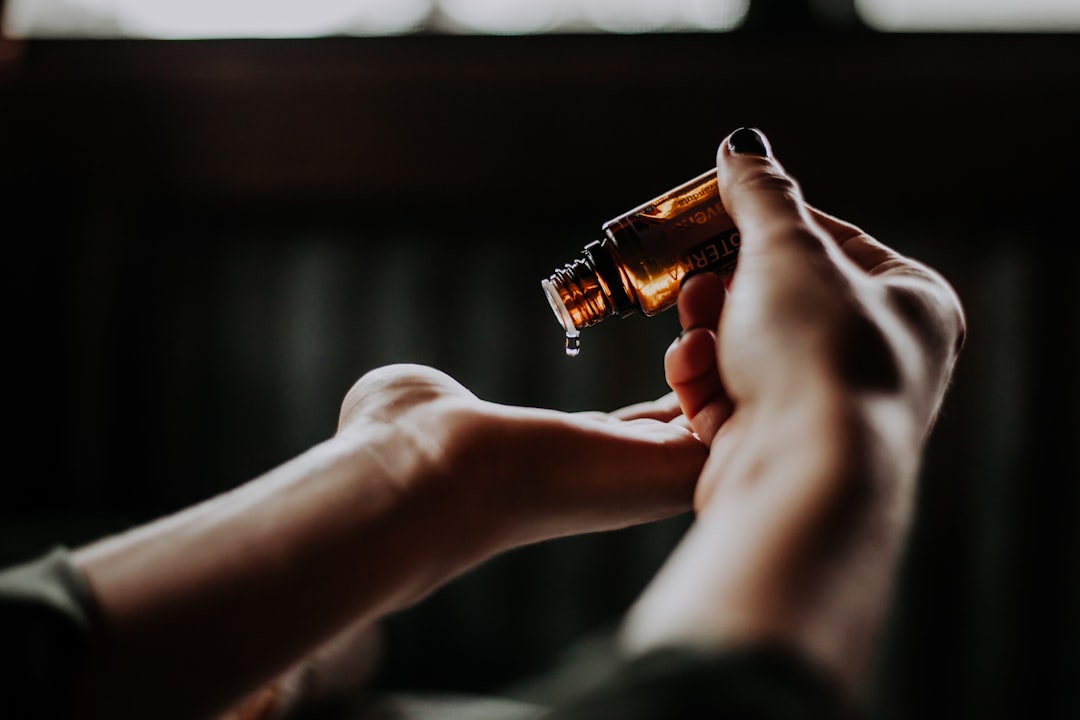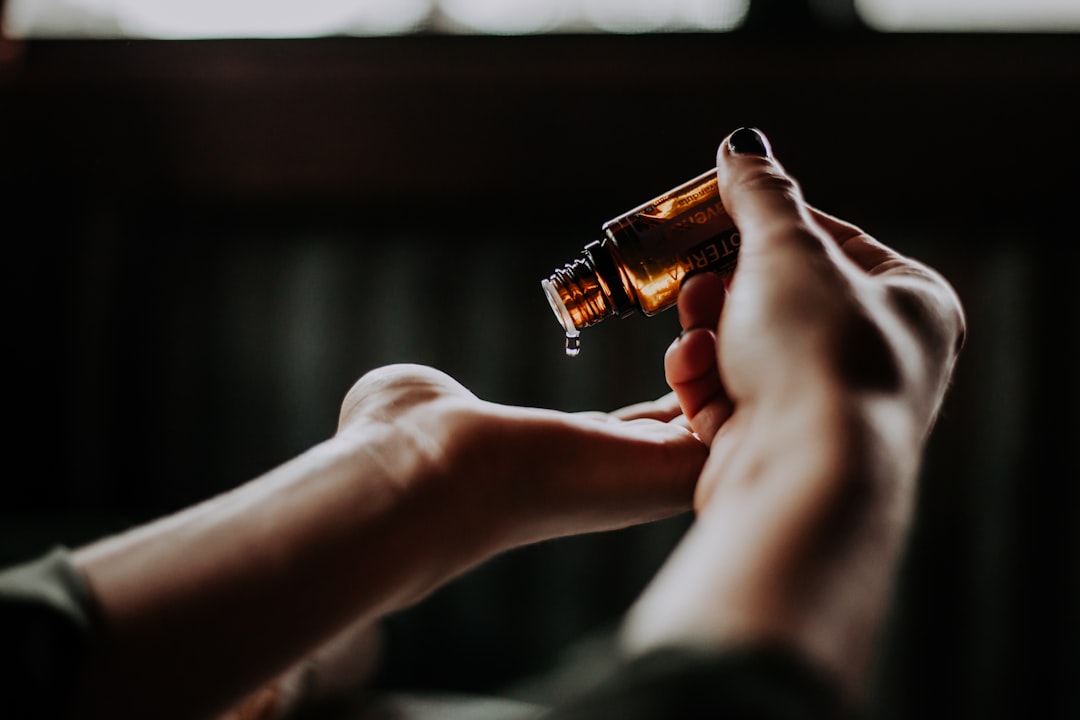New Haven's spa industry thrives due to cultural events attracting locals and tourists. While these gatherings promote traditional wellness, they also pose safety challenges, including potential massage abuse cases. Connecticut's strict laws protect clients and staff, with massage abuse attorneys playing a vital role in upholding these rights. To enhance security, a collaborative effort involving these attorneys is crucial, creating guidelines for spas to deter abusers and empower clients.
“Unveiling the intricate relationship between local cultural events and safety within New Haven’s spa industry, this article explores how vibrant community gatherings can impact massage spas. From customer behavior shifts to potential staff exposure risks, we delve into the legal perspectives and rights of employees and clients in Connecticut, particularly focusing on massage abuse cases. By examining these factors, we aim to equip massage abuse attorneys with strategies to enhance safety measures, ensuring a harmonious spa experience for all.”
The Role of Local Cultural Events in New Haven's Spa Industry

New Haven, a vibrant hub of culture and community events, sees its spa industry thrive due to the harmonious blend of relaxation-seeking locals and tourists alike. Local cultural events play a pivotal role in shaping the city’s unique spa experience, from traditional wellness practices to innovative treatments. These events not only attract diverse clientele but also foster a sense of belonging and trust within the community.
The spa industry in New Haven benefits from cultural festivals that highlight various therapeutic massage techniques, often with historical or regional origins. Such events raise awareness about the importance of safe and ethical practices, encouraging visitors to seek reputable spas. Moreover, they provide a platform for local businesses to showcase their expertise, potentially leading to increased patronage and improved safety standards, including those sought by massage abuse attorneys in Connecticut.
Potential Safety Concerns Arising from Mass Gatherings

Mass gatherings, while enriching cultural experiences, can pose unique safety challenges for places like New Haven’s massage spas. The increased footfall and heightened energy levels during such events may inadvertently create opportunities for malicious actors to exploit vulnerable patrons. This is particularly concerning in an industry like massage therapy where physical intimacy is a core aspect of the service provided.
In crowded settings, instances of massage abuse, ranging from unconsented touching to more severe forms of assault, could go unnoticed or underreported due to the panic and disorientation that often follows large gatherings. Furthermore, the presence of alcohol or other substances at cultural events may impair patrons’ ability to give informed consent, exacerbating potential safety risks. Connecticut’s legal framework, with its emphasis on protecting individuals from massage abuse, becomes even more critical during such periods, underscoring the need for spas to enhance security measures and ensure a safe environment for all clients.
Impact on Massage Spas: Customer Behavior and Staff Exposure

Local cultural events can significantly influence the safety dynamics within New Haven’s massage spas, impacting both customer behavior and staff exposure to potential risks. When a spa is located near venues hosting vibrant festivals or bustling performances, it may attract a diverse range of visitors. While this increases foot traffic and potentially broadens the spa’s client base, it also presents opportunities for malicious individuals to target unsuspecting customers. Massage abuse attorneys in Connecticut have documented cases where such events lead to increased instances of massage therapy scams or even physical assault within spas’ premises.
Staff members working during cultural festivals might find themselves dealing with a more varied and potentially challenging customer mix. This can include managing language barriers, accommodating diverse cultural expectations, and ensuring the safety of both staff and clients in a bustling environment. Adequate training and protocols for handling such situations are crucial to mitigate risks associated with these high-traffic periods, fostering an environment that promotes relaxation rather than exploitation or harm.
Legal Perspective: Rights of Spa Employees and Clients in Connecticut

In Connecticut, including New Haven, spa employees and clients enjoy specific legal protections related to safety and well-being. The state’s laws prioritize preventing massage abuse and ensuring a secure environment for all parties involved in spa services. According to Connecticut law, spas are required to adhere to strict health and safety regulations, which include proper training for staff, clean facilities, and informed consent from clients. Any violation of these guidelines can lead to legal repercussions for the spa and its owners.
Massage abuse attorneys in Connecticut play a vital role in upholding these rights. They assist employees who have experienced harassment or discrimination, ensuring their voices are heard and justice is served. Similarly, clients who face misconduct or unsafe practices during their spa visits can seek legal counsel to understand their rights and take appropriate action. These professionals help navigate the complex legal landscape, offering guidance and representation to foster a culture of safety and respect within New Haven’s massage spas.
Strategies for Enhancing Safety Measures: A Call to Action for Massage Abuse Attorneys

In an effort to bolster safety in New Haven’s massage spas, a collaborative approach is necessary, especially involving massage abuse attorneys in Connecticut. These professionals play a pivotal role in advocating for survivors and ensuring justice. One strategic move is to educate both spa owners and clients about recognizing and reporting suspicious activities or behaviors that could indicate potential abuse.
Massage abuse attorneys can collaborate with local authorities to develop comprehensive guidelines for spas, which include enhanced security measures, staff training on customer safety, and urgent response protocols. By working together, they can create a safer environment, deterring abusers while empowering clients to make informed decisions about their well-being.






